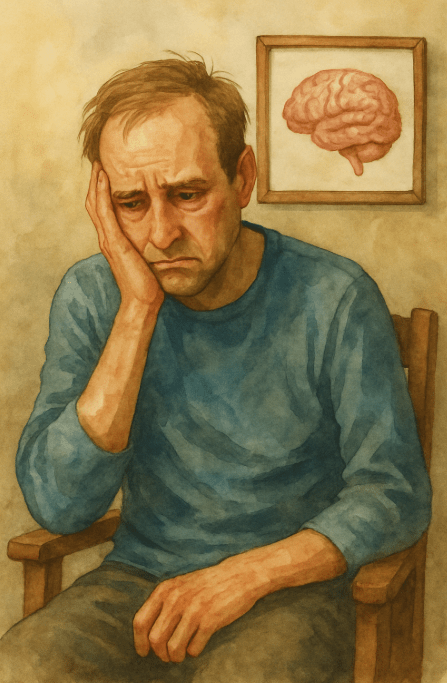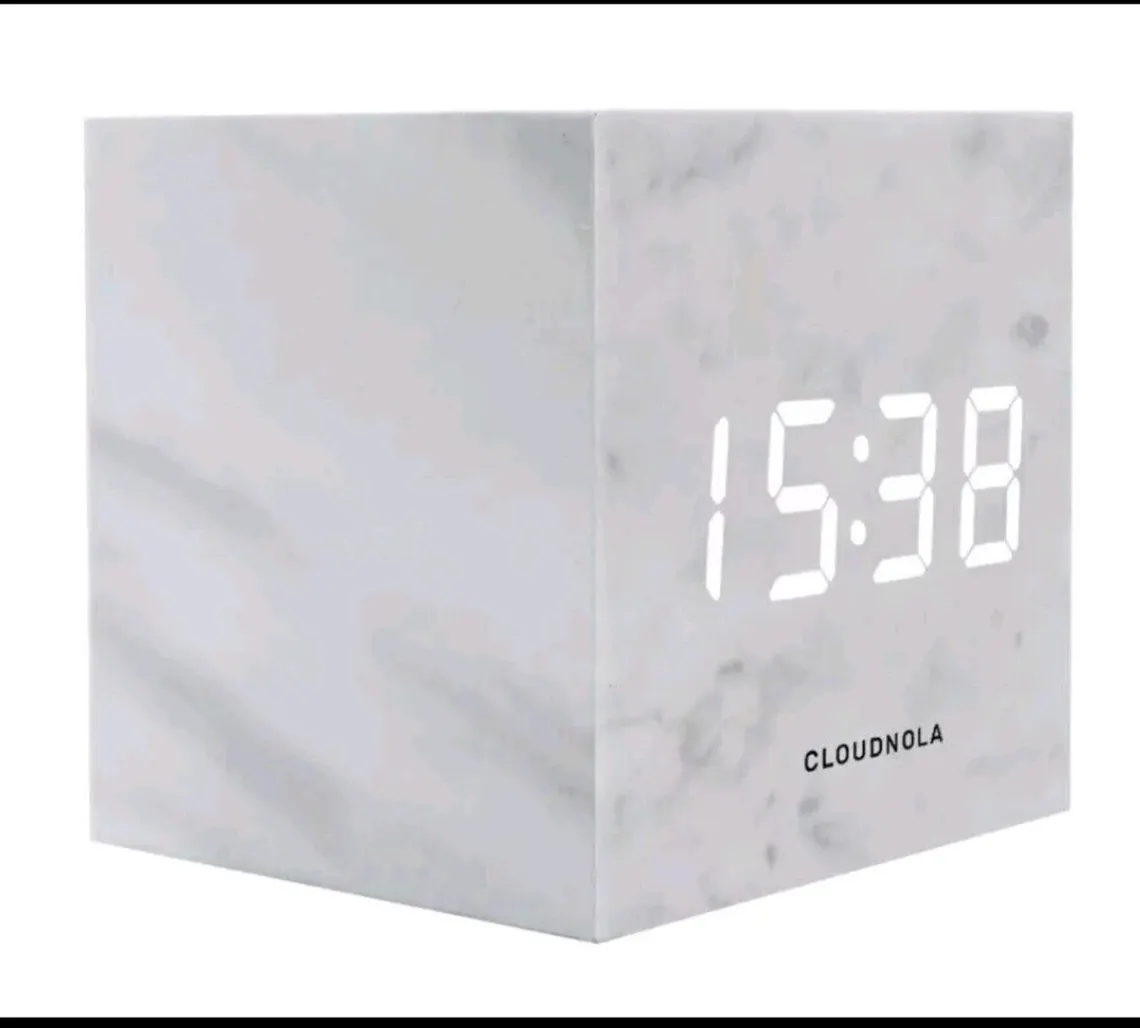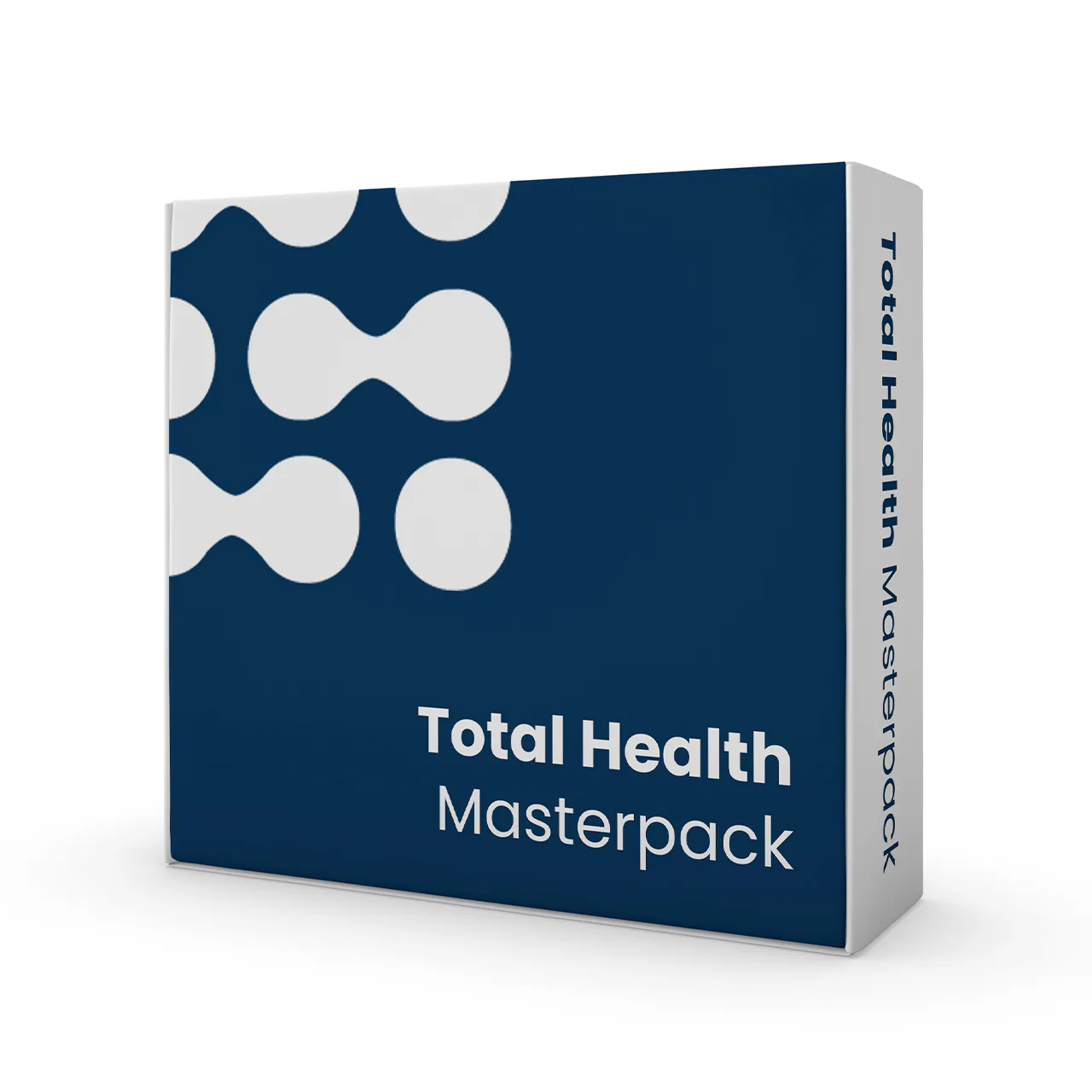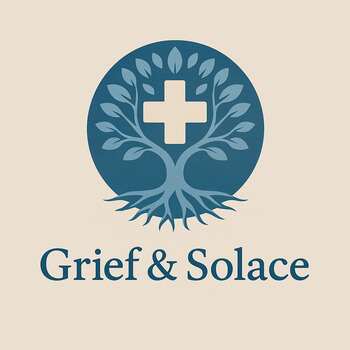Grieving Young-Onset Dementia: Mourning Memories That Should Have Lasted Longer
Grief with young-onset dementia is a cruel thief, stealing futures, milestones, and decades that should have been shared in full.

This post blends real grief with grounded knowledge. It isn’t clinical. It isn’t distant. It’s meant to sit beside you—not above you. The story you’ll read is meant to reflect what so many feel when living through or witnessing this condition: confusion, exhaustion, and quiet forms of courage.
If what you read feels familiar, please speak with your doctor. Your pain deserves more than silence.
He Forgot Our Anniversary Before He Turned Fifty
It was the earrings that revealed everything first…
They lay on the dresser, untouched…wrapped in the same little box they had occupied for weeks. He had always remembered their anniversary, even during difficult times and after arguments. But this year? Not a word was spoken.
She tried not to overthink it. She tried to convince herself he was simply tired, distracted, or overwhelmed. Yet the following day, he called their daughter by the wrong name. Just three days later, he asked her where they kept the plates…in a house they had called home for seventeen years.
🧠 Symptoms:
– Memory loss
– Difficulty with problem-solving or planning
– Trouble with familiar tasks at work or home
– Confusion about time or place
– Difficulty finding words or following conversations
– Poor judgment or decision-making
– Mood or personality changes
– Difficulty with spatial awareness
Early signs are often misdiagnosed as stress, depression, or burnout—leading to delayed treatment.
Initially, the doctors hesitated. “He’s young.” “It could be stress.” “Let’s run some tests to be sure.”
But the scans told the harsh truth. So did the slowed speech, the searching gaze, the sudden pauses that punctuated stories he had told countless times before.
Young-Onset Alzheimer’s Disease…
He was just forty-nine…
Too young for retirement. Too young for memory care. Too young for their carefully planned future to be rewritten in clinical terms.
He still looked like himself. He still laughed, still reached for her hand in the dark. Yet she could sense it, the slip, the drift, the slow disconnection that no amount of love could anchor.
She became his compass, his memory, his mirror…
Risk Factors:
– Family history of Alzheimer’s, especially early-onset
– Known carrier of APP, PSEN1, or PSEN2 mutation
– Potential autoimmune or metabolic components (still under research)
– Environmental and epigenetic influences (under study)
He didn’t vanish all at once. He slipped away moment by moment, memory by memory…and still, she loved him as if every fleeting second counted.
Causes:
For most, the cause is not linked to a single gene. However, in rare cases, it is caused by genetic mutations:
– APP
– PSEN1
– PSEN2
Individuals with one of these mutations are likely to develop Alzheimer’s before 65. These are inherited in an autosomal dominant pattern, and only about 11% of YOAD cases involve these mutations.
She wrote labels on drawers, crafted reminder cards, and appended names to photos of the kids…before he forgot their middle names, then their birthdays, then even how many children they had.
On some days, he was still undeniably him, cracking jokes, recalling lyrics, pulling her into a slow dance in the kitchen. Yet those days grew more scarce, always leaving her with a deeper ache than the difficult ones.
Because the true grief resided not in the act of forgetting, but in the knowledge of what would eventually be lost.
They renewed their vows on his fiftieth birthday, not because he recalled their first exchange of promises, but because she needed a moment that still belonged to both of them.
And when she said, “I do,” he smiled and then whispered, “Did we just get married?”
Tears streamed down her face. Not because he had forgotten, but because he still yearned to remember.
📘 Diagnosis & Treatment
Diagnosis
– Clinical assessment: cognitive screening, history, neurological evaluation
– Neuroimaging: MRI or PET scans for brain changes and to rule out other causes
– Genetic testing (if family history or early symptoms)
– Blood biomarkers (emerging): amyloid beta and tau levels
– CSF analysis: for amyloid and tau proteins
Because YOAD is rare and unexpected in younger adults, misdiagnosis is common.
Treatment
Medications
– Cholinesterase inhibitors (donepezil, rivastigmine, galantamine)
– Memantine (for moderate to severe stages)
– Anti-amyloid antibodies (e.g., lecanemab): more effective in early stages
Supportive Therapies
– Cognitive stimulation
– Occupational therapy
– Speech and language therapy
– Mental health counseling
Future Options
– Participation in clinical trials (e.g., LEADS study)
Psychosocial and Functional Impact
Work & Career
– Loss of income
– Role confusion or stigma in workplace
– Need for job restructuring or early retirement
– Protections under ADA, FMLA, COBRA may apply
Family & Parenting
– Strain on marriage and identity
– Redefining roles (partner becomes caregiver)
– Children may experience confusion, resentment, or grief
Financial & Legal Planning
– Early planning is critical
– Discuss long-term care, disability, guardianship, insurance
– Collaborate with attorneys and financial advisors
Emotional Burdens
– Isolation due to age-related stigma
– Guilt or confusion in parenting while ill
– Caregiver burnout
– Grieving identity and future plans
Coping & Connection
For Individuals:
– Journaling, video diaries, storytelling (legacy and memory)
– Engage in modified hobbies and routines
– Establish early, supportive structure
For Partners:
– Therapy focused on role shifts and intimacy
– Plan transitions from romantic to caregiving relationships
– Maintain joy and shared activities as long as possible
For Children:
– Age-appropriate discussions
– School counselor involvement
– Memory boxes and keepsake videos or letters
Living With It (Grief & Solace Interpretation)
Young-onset Alzheimer’s doesn’t just steal memory—it interrupts trajectory.
It doesn’t knock quietly at the door of retirement—it crashes into careers, parenting, marriages. It asks partners to become caregivers, and children to become witnesses long before they should understand decline.
There’s grief in the mirrors. In misplacing a birthday. In forgetting why you entered the room—again. And there’s a different grief for those watching: the slow vanishing of the person they love while their body remains.
But you are not gone. Not yet. There are still stories to write, hugs to give, mornings to laugh. Your life is not over—it is shifting.
You are still you.
I know this is heavy, and I understand that the road ahead may feel like a tangle of loss and unanswered questions. But please hear this: you are not broken because you are hurting; you are not weak because you are afraid. You are living through something real, and survival itself is a kind of grace. You are allowed to struggle, you are allowed to hope, and you are allowed to not have all the answers today. Whatever comes next, you do not face it empty-handed; you carry every moment of love that shaped you, and that will always be enough to keep going.
🎀 Gifts to help With Young-Onset Dementia
🏥 Everyday Comforts for Everyday Battles
Managing Young-Onset Dementia often means needing a little extra help.
Sometimes it’s about restoring dignity, ease, or simply getting through the day with less pain.
These carefully chosen tools aren’t just items; they’re small bridges back to living.
This section is about finding practical support, never shame.
Digital Day Clock for Dementia – Grounding for a Mind That’s Slipping Too Early
Young-onset dementia can make time itself confusing—AM vs PM, day vs night, even the year. This large-screen day clock clearly displays the date, time, and part of day (morning, evening, etc.) without overwhelming detail. A small anchor for someone still here—just struggling to place themselves in the now.
🌿 Paths to Healing Beyond the Map
Sometimes traditional medicine isn’t enough.
If you’re exploring gentle, alternative options to help with Young-Onset Dementia,
you might find comfort in plant-based compounds like **CBD or CBG**.
*This section is not medical advice, just a door left open.*
USA Medical Total Health Master Pack – Gentle System Support for the Mind That’s Disappearing in
Dementia hits hard—and young-onset hits cruel. This Total Pack offers CBD, nervous system calm, and inflammation support to ease agitation, improve rest, and reduce stress for both patient and caregiver. It won’t bring memories back. But it may help make the quiet moments more livable.
Need a Different Path Forward?
Every journey through grief looks different. Choose the next step that speaks to where you are now:
When You're Ready to Start Healing
Healing doesn’t mean forgetting.
It means finding small ways to carry your grief with strength and grace.
These are the stories, tools, and gentle steps to begin walking forward…at your own pace.
When You're Still in the Thick of It
Sometimes healing feels like a lie.
If you’re not ready to move on…if the pain still roars louder than the world wants to hear…this is the place where you’re allowed to feel it.
No sugarcoating. No pretending. Just truth.
When You're Holding on to Who’s Still Here
Grief reminds us to love louder.
If someone you love is still with you, this is your place to celebrate them, honor them, and create new memories while there’s still time.
Joy and sorrow can live side by side.






